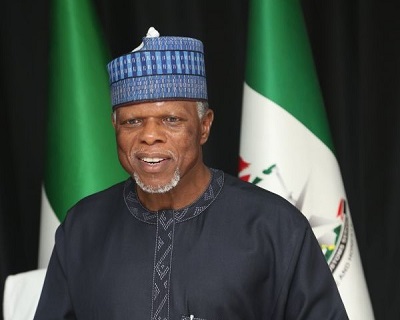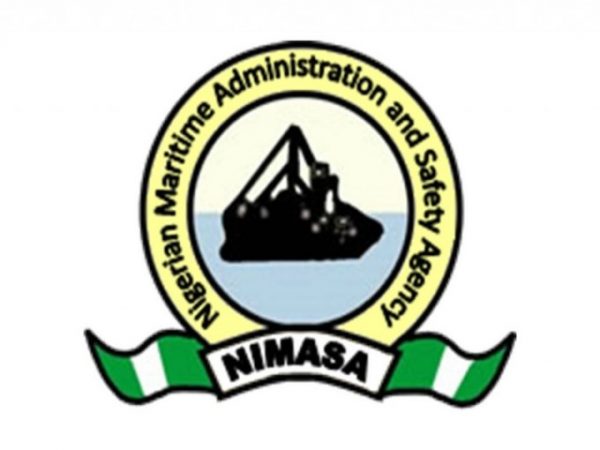‘How best to harvest post-COVID-19 opportunities at seaports’
 The coronavirus pandemic is not a threat to jobs in the maritime industry; rather, it holds opportunities for Nigeria to fully exploit the port potential to strengthen the national economy.
The coronavirus pandemic is not a threat to jobs in the maritime industry; rather, it holds opportunities for Nigeria to fully exploit the port potential to strengthen the national economy.
National President, Association of Nigerian Licensed Customs Agents (ANLCA), Tony Iju, who made this assertion in a statement, said Nigerian maritime industry holds numerous potential to serve as the country’s low hanging fruits for economic growth, stability and survival.
He said unlike the aviation industry where government agencies like the Federal Airport Authority of Nigeria (FAAN), and Nigeria Airspace Management Agency (NAMA), including airlines are either mulling salary slash, workers’ lay-off, and shrinking human capital needs, the maritime industry still holds the ace, as an indispensable mode for global trade and commerce.
“Rather than worry over the likelihood of job losses, customs brokers, freight forwarders, truck owners, chandlers and other ancillary service providers in the industry should gravitate towards keeping themselves abreast with virtual presence and operations in the ports,” he said.
Iju advocated a modern port regime with a lesser amount of persons coming into port areas, saying this would be a fast track drive because persons and businesses can meet virtually, submit, process and receive documents online without leaving the comforts of their homes and offices
Iju said it is pertinent for the Federal Government to exploit the opportunities inherent in the industry, and Nigeria, as a matter of urgency, must develop non-oil exports to keep jobs up, while much more are needed to be done in the agricultural sector.
He said: “As a country, we took an unfortunate back stage position in export of commodities like cocoa, palm oil, and many other agricultural products. This must resume. The value chain from the farms through logistics to the ports for outward shipping will employ more persons than any other sector.
“We as a country should identify products for which we have comparative advantage. Nigerian made electric cables have been noted for being of higher quality than most imported ones. Government should be the number one buyer of quality made in Nigeria products while encouraging citizens to do same without promoting monopoly and profiteering,” he said.
Iju emphasised that Nigeria needs to cut unnecessary imports, saying: “Urgent steps must be taken to refine crude oil locally and stop the importation of refined petroleum products. A good amount of what should have been earnings for the country from the sale of crude oil has gone into payment for subsidies on imported products.
“It doesn’t make logical and economic sense for Nigeria to be buying what she has from outside simply because she failed to process her crude, could not fix her refineries and suffering shifted deadlines in commencement of operations of expected private refineries.
“That we have cotton but still depend on other countries to produce our clothing needs is a result of fall in the local textile industry. The industry is dying partly due to lack of power as it was discovered that it is cheaper to manufacture textiles outside Nigeria than doing it in the country.
“Our textile industry alone can produce jobs running into millions for a 200 million population and exporting to other countries. Rice self sufficiency is still a struggle even after its removal from forex and ban from importation through land borders” he said.
The Guardian







